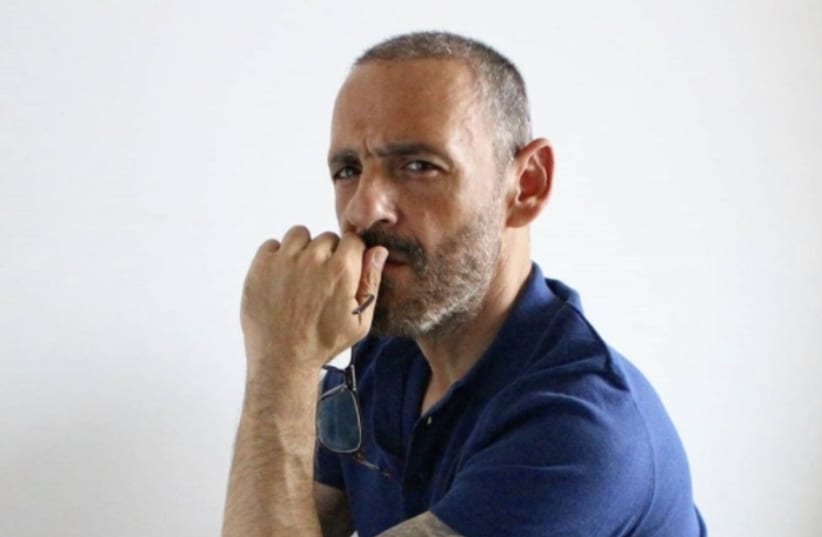Contributing to Mental Health
If everyone was aware of the potential impact or influence they can have on another person’s mental health, Christopher argues, the number of men’s mental health cases would dramatically drop. Prevention is not the actions taken by a specific person, rather it’s a topic which people, organizations, media and brands should be educated on. Christopher stresses that a person’s actions, an organization with poor people management, media with stereotypical connotations and brands with misleading messages can all have a negative impact on a man’s mental health. For each person, any of the above may have a disparate effect to their mental state, and, to aid in recognizing the most influential factors, Christopher believes that it is important to develop self-perception and an elevated self-awareness through what he calls “the prevention zone”.
The Prevention Zone
Christopher Senekki describes “the prevention zone” state as being within a frame of mind where an individual feels comfortable, confident, self-aware and compassionate. For Christopher, being within the prevention zone, provides a person with endless possibilities to improve, acknowledge and be aware of weaknesses and opportunities that can alter the mental state. The latter, the skill of self-awareness, however, is perhaps the key point, as it is this characteristic which keeps a person mindful of the “push” forces and the “pull” forces which can either derail the preventive zone state or amplify it. Being out of the prevention zone, means exposure to mental, neurological and depressive states which may lead to substance abuse disorders, a dark place with an unpredictable declination in the quality of life.
Should brands and labels help raise awareness of mental health?
Christopher believes that brands and labels, especially those with significant exposure, could help create and spread awareness about men’s mental health issues worldwide to change stereotypes, break stigmas, and encourage men to come out and find support if they have to. Brands, be it fashion designer labels, consumer goods corporations, and even media companies, provide a great platform to raise awareness on a specific topic or issue, mostly through advertising.
Advertising is a powerful tool, and often, it could either reinforce or break stereotypes. Fortunately, many brands slowly recognize the need to make the latter, especially considering advertising history.
What roles do stereotypes and brands play on men's mental health?
In one of his interviews, Christopher stresses that advocating for awareness of men’s mental health through “the prevention zone” concept is his primary goal. He aims to continue developing the concept to address the importance of each of it’s facets as it applies to individuals, organizations, the media and brands. Christopher says that certain brands and media campaigns have created stereotypes which have had adverse affects on men’s mental health by “pushing” unrealistic and harmful expectations. Yet, brands and media campaigns can have a positive impact on a men’s mental health if they apply a logic which can positively encourage men to harness their passion and to free themselves with an association to an icon or personality type.
The Work Environmen
Christopher also points out that Employers have an equal responsibility to maintain a quintessential environment for their employees. By failing to do so, Employers compromise the mental well being of employees and contribute to the overall crisis being faced today in this ignored topic. Employers who make an effort in this regard, however, play a vital role in equipping employees with the confidence and assertive behavior in dealing with mental pressures which may arise in other areas of their lives. Christopher’s prevention zone awareness concept aims at sending a message to Employers that they can play a vital role in ticking an important box in the mental well being of an individual and can assist in providing platforms to ensure employees develop their own “prevention zone” ideals for an effective working environment.
What's in store for Christopher Senekki?
Christopher collaborates with Men’s Mental Health Organizations, designers and influencers to spread awareness on men’s mental health issues. While his Instagram page with over 100,000 followers is already an excellent start for his advocacy, he continues to deal with the challenge of finding like-minded individuals who can help and support him in his goal of improving and creating more awareness on men’s mental health. His published works and articles are gradually generating a further understanding in the roles and responsibilities in mental health prevention and it’s association to Human Rights.
